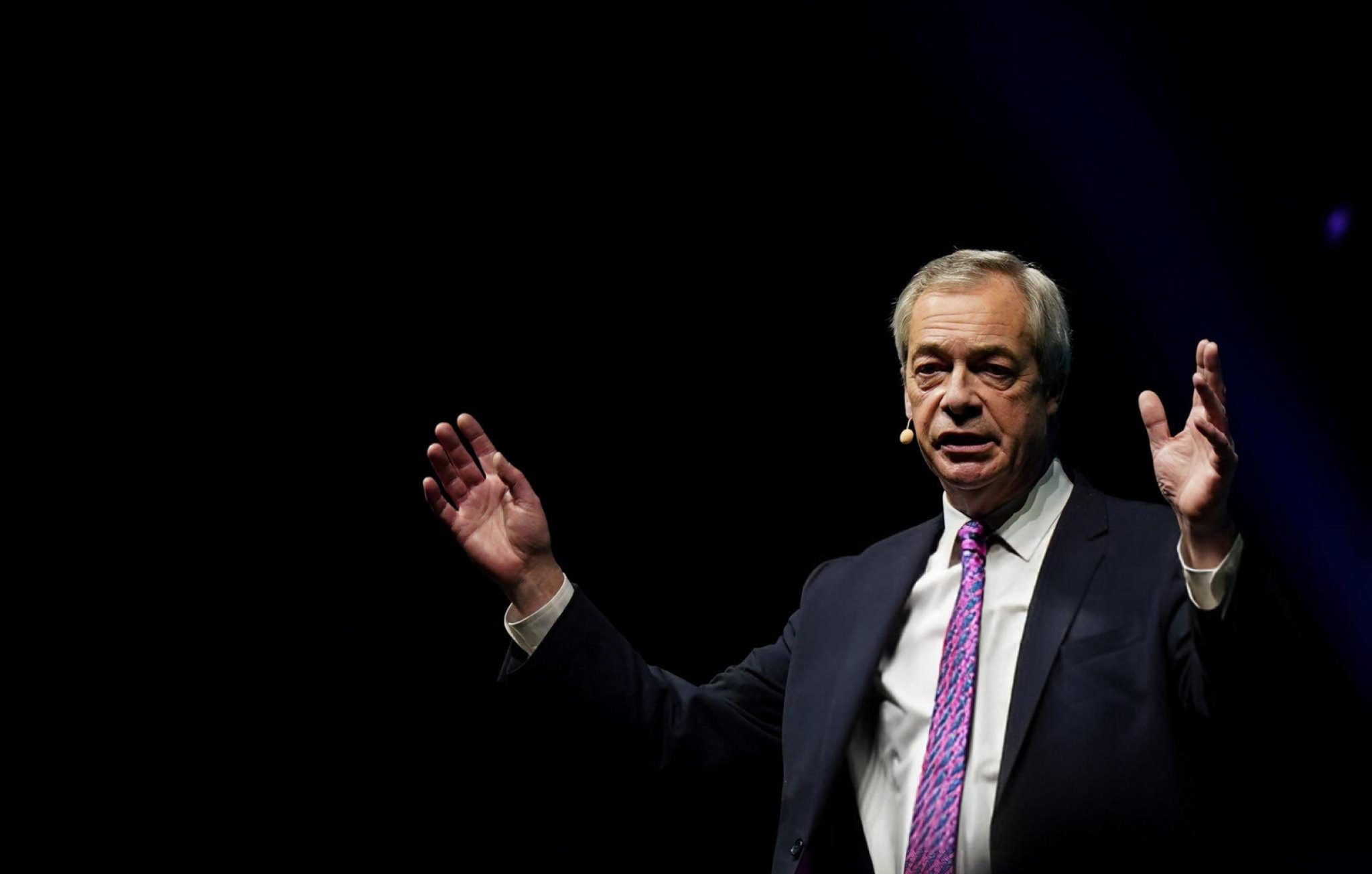Nigel Farage says Elon Musk’s criticism was meant to spur him on, not force him out
Nigel Farage has downplayed a public rift with Elon Musk, claiming the tech billionaire was merely trying to “encourage” him by tweeting that he “doesn’t have what it takes” to lead Reform UK.
The comments come in the wake of a brief but notable falling out between the Reform UK leader and the world’s richest man over the controversial far-right figure Tommy Robinson, whose real name is Stephen Yaxley-Lennon. Musk, who has positioned himself as a champion of free speech, expressed support for Robinson after his imprisonment earlier this year — a stance that Farage firmly rejected.
Back in January, amid growing tensions between the two, Musk took to his platform X (formerly Twitter) to suggest that Farage should be replaced as head of Reform UK. At the time, he floated the name of Rupert Lowe, a now-Independent MP and former Brexit Party MEP, as a potential successor.
Appearing on BBC’s Sunday With Laura Kuenssberg, Mr Farage revealed that he has since met with Mr Musk and spoken about the post directly.
“We talked about it,” Farage said. “He was just trying to encourage me in a few policy areas — ones I wasn’t prepared to go down.”
Mr Farage did not elaborate on which policy positions Musk had in mind but made clear that any attempt to influence Reform’s direction on those topics had been resisted.
The falling-out marked a sudden shift in what had previously been a warm relationship. There had been speculation earlier this year that Musk might make a substantial donation to Reform UK, potentially through the UK arm of X. While no such donation materialised, the rumours pointed to a level of political alignment between the two figures, particularly on issues of immigration, sovereignty, and freedom of speech.
The tipping point, however, appears to have been Musk’s vocal backing of Robinson, whom he described as a “truth-teller” in the context of grooming gang scandals across the UK. Robinson, a founder of the far-right English Defence League, has long been a polarising figure and has previously been jailed for contempt of court, assault, and fraud.
Farage has long distanced himself from Robinson, calling him “thuggish” and repeatedly making clear that Robinson would not be welcome in Reform UK or any party he leads.
“I’ve always been clear on that front,” Farage said. “I want nothing to do with those sorts of politics.”
Despite their disagreement, Farage insisted on Sunday that the pair remain “on good terms”. In fact, during a February appearance at a right-wing conference in the United States, he referred to Musk as a “hero of free speech” and praised his role in reshaping the social media landscape by removing what he calls “woke censorship” on X.
“He and I still share a lot of values,” Farage said on Sunday. “We may not see eye to eye on every issue, but I’ve got a lot of time for what he’s doing when it comes to standing up for freedom.”
Mr Musk has yet to publicly respond to Farage’s latest remarks but has continued to engage in UK political discourse online, regularly criticising both the Conservative and Labour parties while amplifying populist voices across Europe.
The incident highlights the sometimes awkward relationship between British populist politics and international right-wing influencers. While their causes may occasionally align, deep cultural and strategic differences often lie beneath the surface.
With Reform UK positioning itself as the main challenger to the established political order ahead of the next general election, Farage’s ability to maintain credibility while courting international support will likely remain a delicate balancing act.







